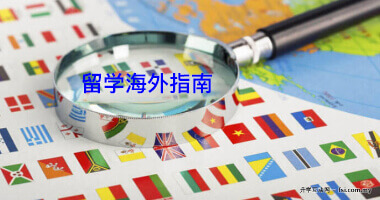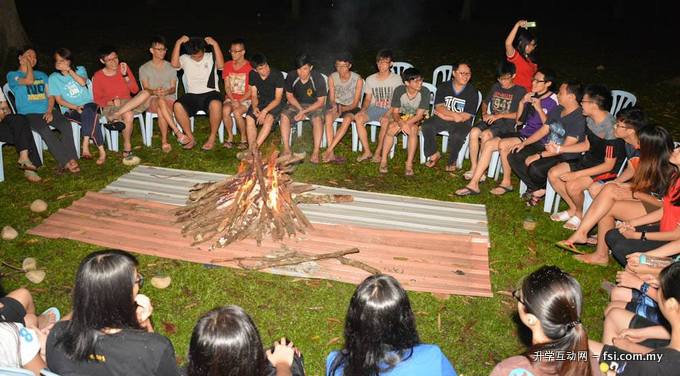
Group photo of the organising committee, speakers and participants
After 10 successful seminars in the past, the 11th series of the Agriculture Technology Seminar staged a comeback on 13 June 2015 at the Faculty of Science (FSc), UTAR Perak Campus.
A joint effort by UTAR Centre for Biodiversity Research, FSc with the Institute of Postgraduate Studies and Research, the enriching seminar was aptly themed “Bringing Science to Farmers and Public” and attracted over 160 participants comprising UTAR staff, students and the public. The seasoned speakers invited this time to share their expertise and experiences included consultant to the Joint FAO/IAEA Division, International Atomic Energy Agency, Vienna Prof Dr Tan Keng Hong, Head of Breeding and Tissue Culture Unit at Malaysian Palm Oil Board Dr Meilina Ong Abdullah, CEO of Distinct Agricultural Services Sdn Bhd Zainal bin Abdul Ghani, Deputy Regional Director of CABI-SEA Dr A. Sivapragasam, Executive Director of Pesticide Action Network Asia and Pacific (PANAP) Sarojeni V. Rengam and Senior Research Officer in National Fish Health Research Division (NaFisH) at Fisheries Research Institute, Department of Fisheries, Malaysia Dr Kua Beng Chu.
Organising Chairman Prof Dr Ooi Aun Chuan extended his warm welcome to everyone and expressed his delight on the success of the seminar. “In the past, we have had many series to stimulate the farmers’ and public’s interests in agriculture science. This time, we continue with this process for we know that science and technology can bring about great benefits to farmers and the public. We hope that creating awareness of bringing science to farmers and the public will encourage greater interest in sharing the results of research with the beneficiaries,” he said, and also thanked Kuala Lumpur Kepong Berhad as the main sponsor.
UTAR Vice President for R&D and Commercialisation Prof Ir Dr Lee Sze Wei concurred and said that the seminar’s theme was timely as UTAR hopes to become a bridge between the farmers’ traditional knowledge and the scientists’ high-modernist science in the development of agriculture technologies. “I hope the participants will fully utilise this opportunity to network and exchange ideas and experience with the wide array of experienced speakers today,” he mentioned.
Keynote speaker Prof Tan was the first to present his topic titled “Sexual reproduction via methyl eugenol in the Bactrocera fruit fly – orchid interactions: its impact on biodiversity, management and quarantine”. The participants learnt about his work on tephritid fruit flies and his explanation on why Batrocera papayae, B. philippinensis and B. invadens were synonymized with B. dorsalis. This saved fruit growers from developing new protocols for export.
Dr Meilina’s “Revolutionising Oil Palm Breeding for Crop Improvement” was the following topic which discussed the strategy undertaken by the Malaysian Palm Oil Board (MPOB) to advance production of palm oil, with the hope of giving the industry a boost.
Zainal shared with the participants his vision and endeavours to be an entrepreneur farmer following his retirement from government service. Titled “The Transformation of Goat Breeding to an Integrated Farming System”, the talk discussed his efforts in goat rearing and honey production from stingless bees.
Dr Kua’s “Fish Diseases in Aquaculture” underlined the reasons for fish diseases in aquaculture and concluded that intensive culture and overstocking may be the key culprits to such occurrences. It was also pointed out that the problems faced may be abated or the losses minimised by adopting a fish health management approach.
With the health and lives of millions of agricultural workers, their communities and consumers worldwide being adversely affected by pesticides, Sarojeni through her talk titled “Bringing Science to Farmers and Public” advocated for better and closer working relationship with scientists and researchers to serve the community. The comprehensive “Community Pesticide Action Monitoring” (CPAM) developed by PANAP and its partners acts as a self-surveillance monitoring and recording methodology which enable communities to document the effects of pesticides on their health and the environment, further encouraging them to reduce or eliminate pesticide use.
Dr Sivapragasam’s “Red Palm Weevil – A Biological Invasion with Potential Threat to Oil Palm into Malaysia” enabled the participants to have a glimpse of his work on palm weevils attacking palms and how these pests are being managed in the Middle East. The possibility of a new species of the weevil in Malaysia was also discussed.
Towards the end of the seminar, Prof Ooi recapitulated the main points highlighted by all six enriching talks and also proceeded to thank the erudite speakers. This was followed by a closing remark by Dean of FSc Assoc Prof Dr Lim Tuck Meng who was delighted that the seminar, being held for the 11th time, created more interaction between the industry and UTAR academics and students. “Biological science is not limited to the laboratories but also include field work. I’m happy that all the agriculture technology series held so far have managed to engage the public and enrich their knowledge about agricultural science,” he said.
“It’s my first time attending this seminar and some of the topics, although not directly related to my field, intrigued me a lot,” shared 36-year-old farmer Soo Chee Chung who hails from Cameron Highlands.











